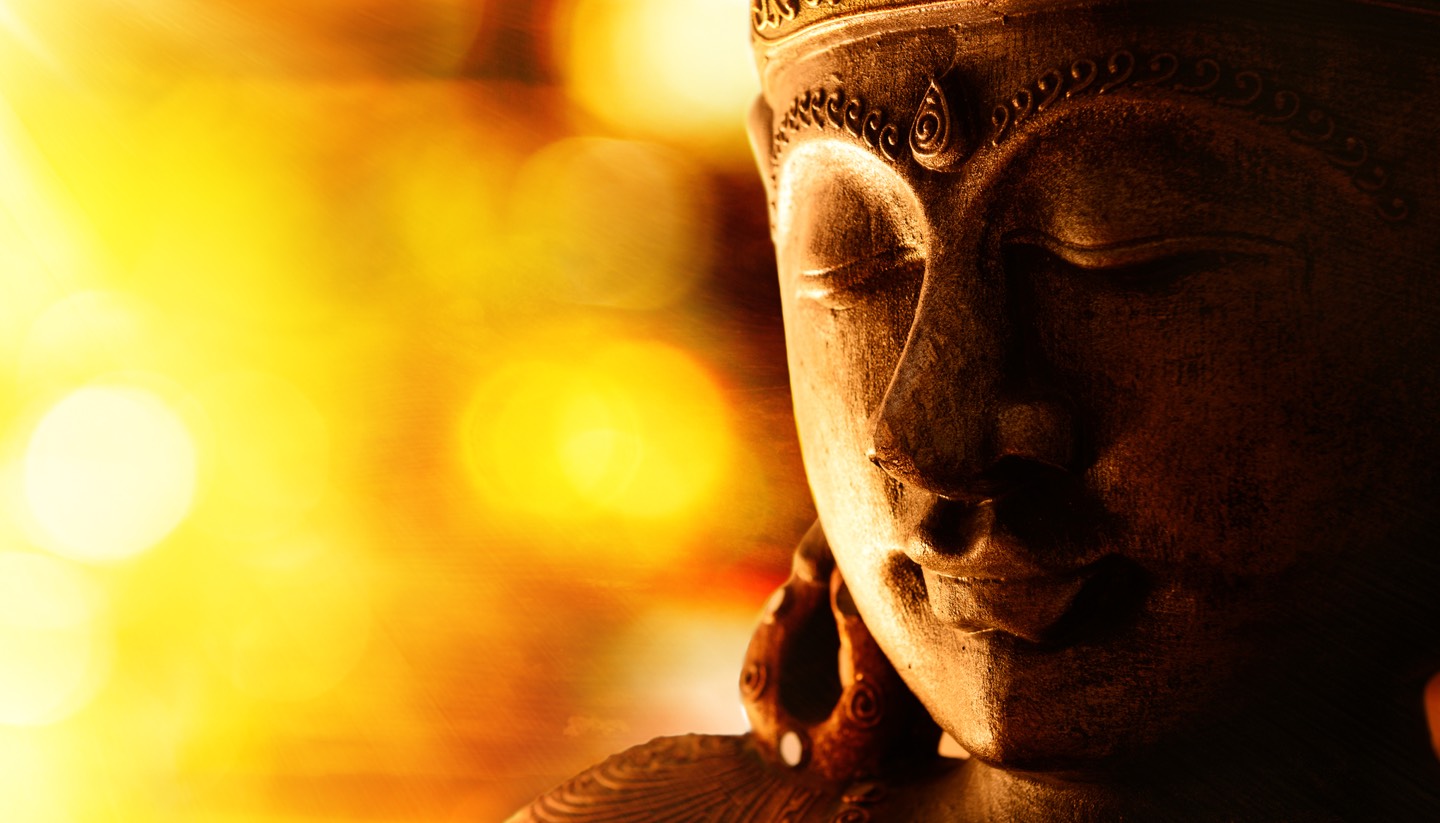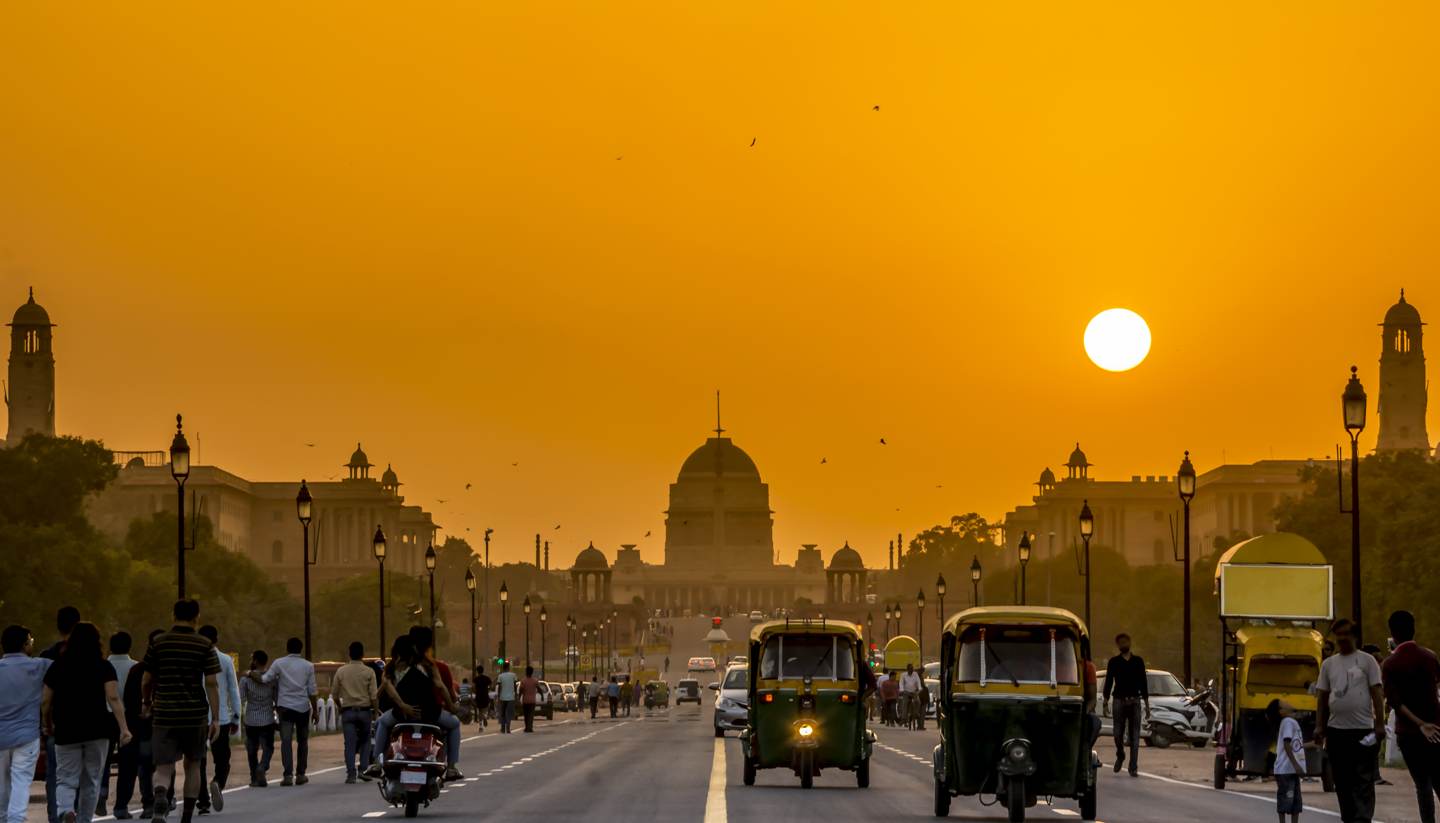Money and duty free for India
Currency and Money
Currency information
Rupee (INR; symbol Rs) = 100 paise. Notes are currently in denominations of Rs500, 200, 100, 50, 20, 10 and 5. Coins are issued in denominations of Rs20, 10, 5, 2 and 1, as well as 50 paise, although paise coins are rarely used in everyday transactions.
Credit cards
Credit cards are widely accepted in India, particularly Visa and MasterCard, at hotels, shopping malls, chain restaurants, airlines, and larger retailers. American Express is accepted at some upmarket hotels and international brands, but acceptance is more limited elsewhere. Outside major cities and tourist centres, many smaller shops, guesthouses, and local restaurants operate on a cash-only basis.
India is also a global leader in mobile payments. The Unified Payments Interface (UPI) is used extensively for everyday transactions, including in small shops, cafés, markets, and taxis. Some UPI-linked digital wallets and apps are now available to foreign visitors, allowing limited use with international cards or temporary local numbers. Despite the widespread use of digital payments, travellers are advised to carry some cash as a backup, particularly in rural areas or where network coverage is unreliable.
ATM
ATMs are widely available across India, particularly in cities, towns, airports, railway stations and shopping areas. Most machines accept international Visa and MasterCard debit cards, and many offer English-language instructions. Withdrawal limits vary by bank and machine, and foreign cards may be subject to daily caps and transaction fees imposed by both local and home banks. ATMs can occasionally run out of cash or be offline, especially during weekends, public holidays, or in rural areas, so it is sensible to withdraw money in advance.
Banking hours
Mon to Fri, 09:30 to 15:30.
Currency restrictions
The import and export of Indian currency (Indian rupees) by foreign nationals is prohibited, except in very limited circumstances when travelling directly to Nepal or Bhutan. Travellers may bring foreign currency into India without limit, but cash exceeding US$5,000 (or US$10,000 in cash and traveller's cheques combined) must be declared on arrival. On departure, foreign visitors may take foreign currency out of India only up to the amount declared on entry, less any sums officially exchanged while in the country. Travellers are advised to retain customs declaration forms and authorised exchange receipts, as these may be required on exit.
India duty free
Overview
The following goods may be imported into India by foreign travellers over 18 without incurring customs duty:
• 100 cigarettes or 25 cigars or 125g of tobacco.
• 2L of spirits or wine.
• Gifts to the value of Rs 15,000
Visitors can now file declarations of dutiable items and currency with Indian Customs by using the ATITHI @Indian Customs app.
Banned Imports
Prohibited items include narcotics and psychotropic substances, pornography, counterfeit goods and currency, ivory and products made from endangered wildlife, and electronic cigarettes (including vapes and e-cigarettes). The import of obscene materials and unauthorised satellite phones is also prohibited.
Restricted items include firearms and ammunition (require prior permission), gold and silver beyond the duty-free allowance, antiques and archaeological artefacts, live animals and birds, plants and plant products (including seeds and fruits), and medicines containing controlled substances.
This list is not exhaustive. Travellers are advised to consult Indian Customs or the nearest Indian embassy or consulate before travel if unsure.
Banned Exports
Prohibited exports from India include antiquities and archaeological artefacts that are more than 100 years old, as well as items of historical, artistic or cultural significance without official permission. Exporting wildlife products such as ivory, animal skins, feathers and products made from endangered species is strictly forbidden. Certain arms, ammunition and explosives are also prohibited. Travellers should ensure that souvenirs, religious items or antiques purchased locally are legally permitted for export and retain receipts where possible.
This list is not exhaustive. Travellers are advised to consult Indian Customs or the nearest Indian embassy or consulate before travel if unsure.



